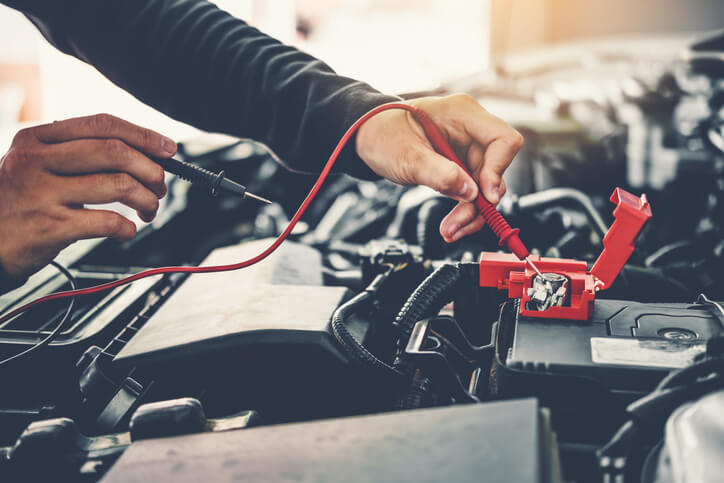What Does an Automotive Diagnostician Do? A Guide
The modern automobile is a marvel of engineering, a complex web of interconnected systems working together to propel you down the road. But even the most sophisticated machines can malfunction. When that happens, you need a skilled professional to diagnose the problem – that’s where the automotive diagnostician comes in. But what does an automotive diagnostician do?
In the world of automotive repair, diagnosticians play a crucial role, acting as the “doctors” for vehicles. They are the professionals who figure out what’s wrong with your car, often before any tools are lifted for repairs. This guide delves into the pivotal role of an automotive diagnostician, shedding light on their responsibilities, skills, and the path to becoming one.
What Does an Automotive Diagnostician Do: Explore the Role
What does an automotive diagnostician do? Automotive diagnosticians specialize in identifying the root causes of problems in vehicles. They can pinpoint issues that might take time to be apparent using sophisticated diagnostic tools and their extensive knowledge of automotive systems.
This role is critical in the automotive industry because accurate diagnostics can save time and money by directly addressing the correct issue without unnecessary repairs.
A Day in the Life of an Automotive Diagnostician:
A diagnostician’s day can vary depending on the repair shop environment. Here’s a glimpse into their typical tasks:
Customer Intake: The diagnostician interacts with the customer, listens attentively to their concerns and vehicle history, and gathers details about the car’s symptoms.
Diagnostic Tools: They utilize various diagnostic tools to pinpoint the issue. These may include:
- Scanners: Advanced computer systems that connect to the vehicle’s onboard diagnostic (OBD) system, retrieving fault codes and providing real-time data on engine performance, sensor readings, and other crucial parameters.
- Digital Multimeters: These versatile tools measure voltage, current, and resistance in electrical circuits, aiding in identifying electrical faults.
- Pressure Gauges: These are used to measure fluid pressure in various systems, such as engine oil or transmission fluid.
- Specialized Tools: Depending on the suspected issue, specific tools are used. Examples include stethoscopes, which are used to listen to unusual engine noises, and vacuum gauges to test the integrity of the intake system.

Inspection and Testing: The diagnostician visually inspects the vehicle, looking for signs of wear, leaks, or damage. They may also perform road tests to replicate the customer’s concerns and gather further data.
Analyzing Data: Once all the information is gathered, the diagnostician analyzes the data from the scan tool readings, physical inspection, and test drives. They use their technical knowledge and experience to interpret the data and pinpoint the most likely cause of the problem.
Communication and Repair Plan: The diagnostician explains the problem to the customer, outlining the repairs needed and providing an estimated cost. They work collaboratively with the customer and others in auto careers to determine the best action.
Documentation: They document the diagnostic process, including customer concerns, test results, and recommended repairs. This detailed record becomes part of the vehicle’s service history and is crucial for future reference.

Auto Mechanic School Provides Essential Skills for Success
- Technical Expertise: A deep understanding of automotive systems, including engines, transmissions, electrical systems, brakes, and steering, is fundamental.
- Analytical Thinking: The ability to analyze complex data, interpret symptoms, and logically deduce the root cause of the problem is essential.
- Problem-Solving Skills: Diagnosticians must be adept at troubleshooting and finding solutions to often-unconventional problems.
- Communication Skills: Conveying technical information clearly and concisely to customers with varying levels of automotive knowledge is crucial.
- Customer Service: Building rapport and trust with customers is vital, as diagnosticians often deal with frustrated or anxious individuals whose vehicles are out of commission.
Are you interested in our auto mechanic school?
Contact ATC Toronto for more information.


